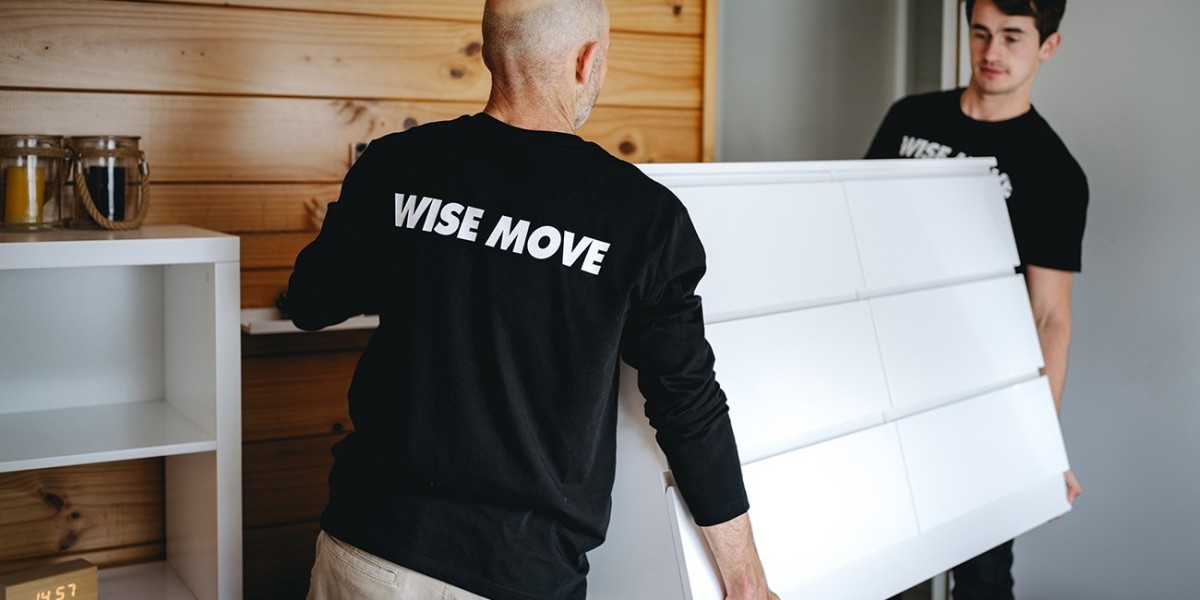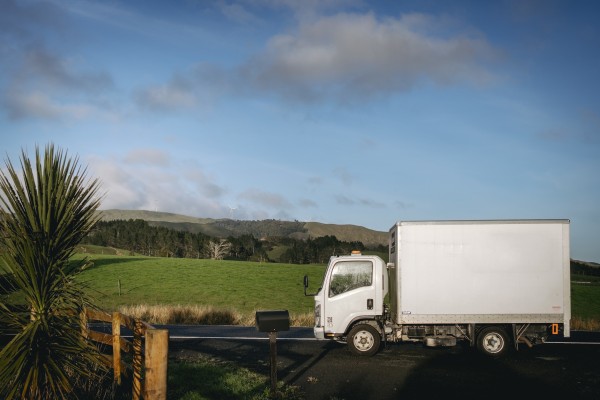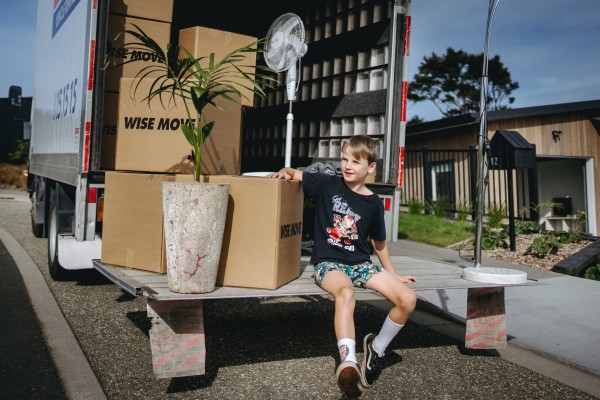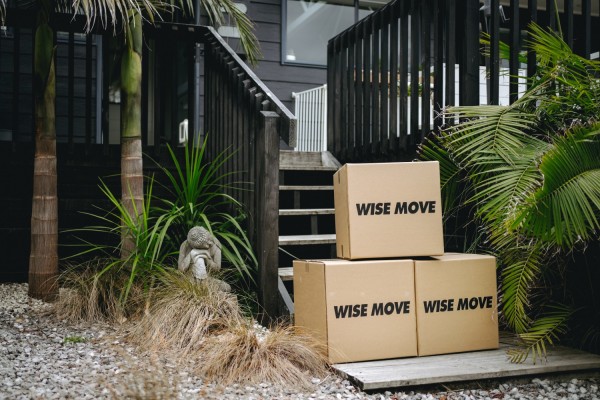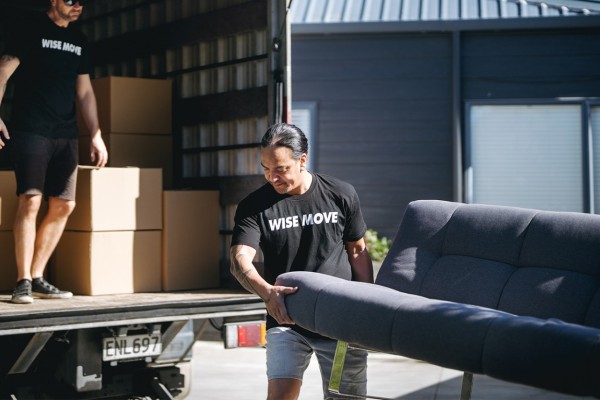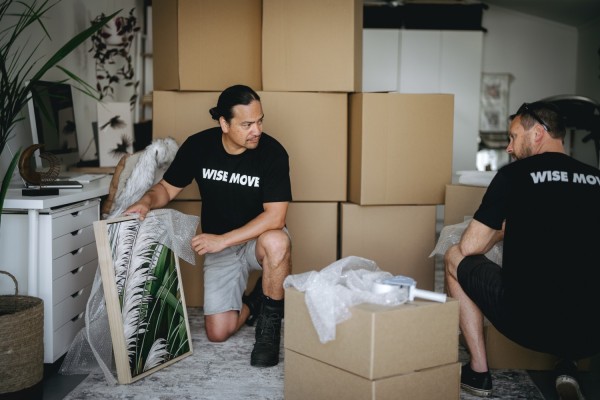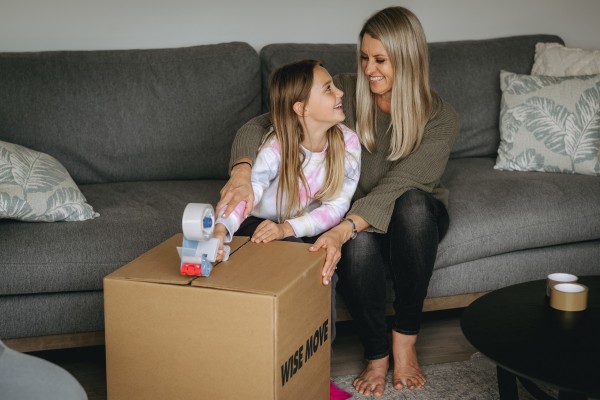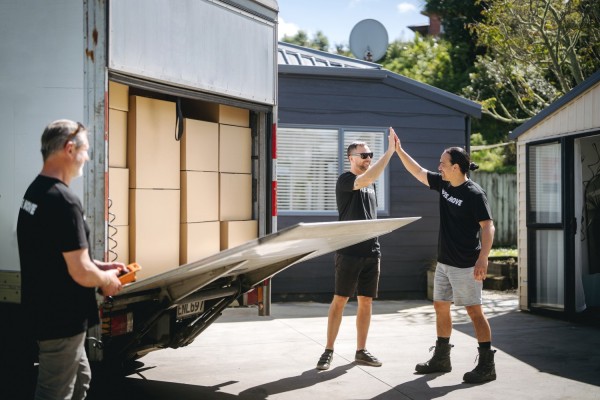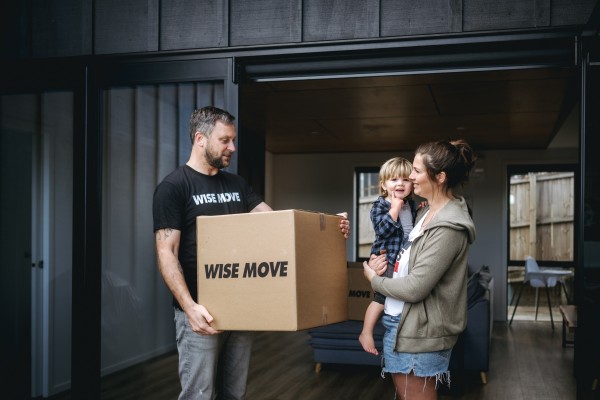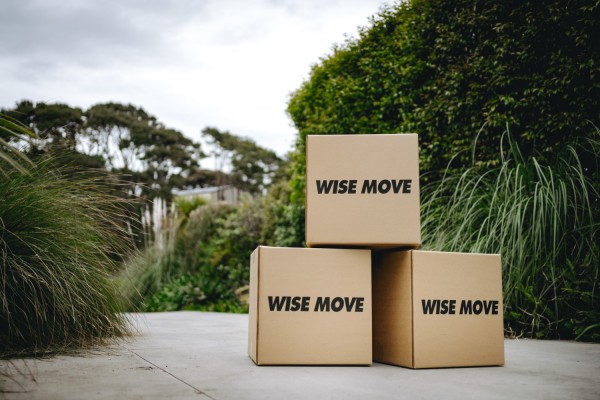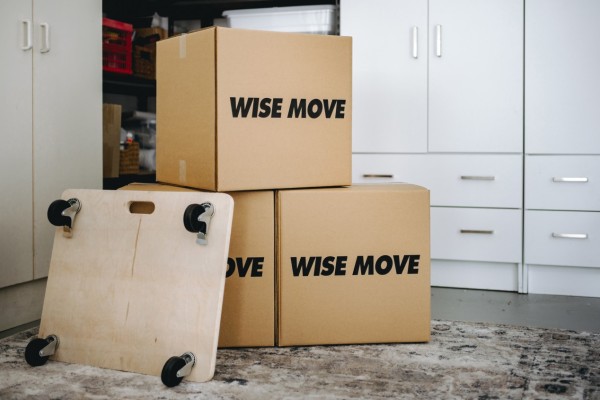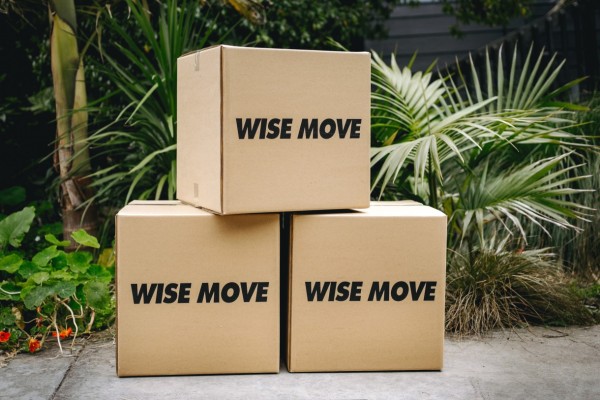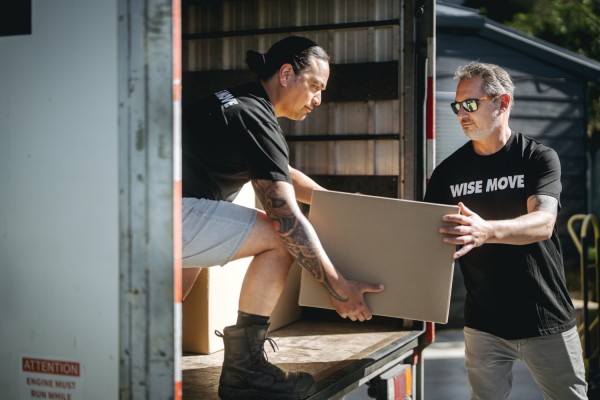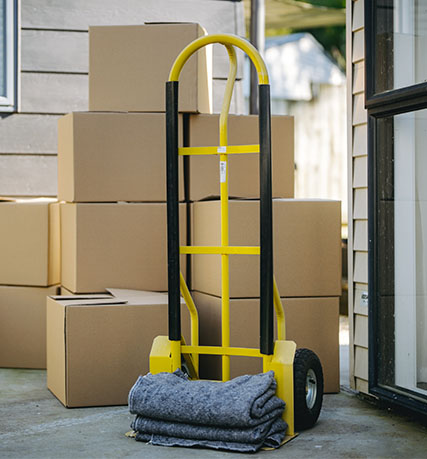How to move home with a disability
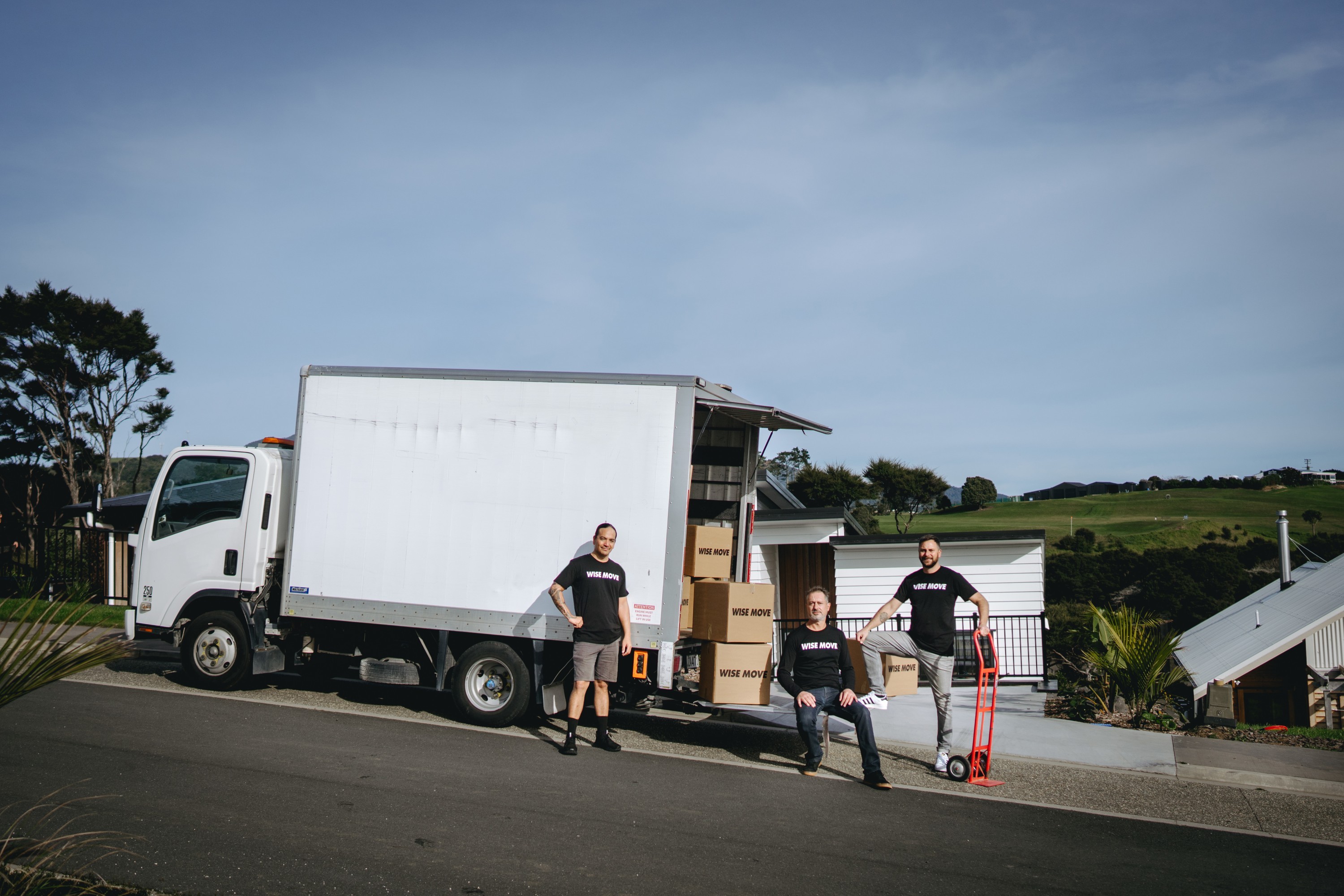
Moving when you have a disability comes with a few extra challenges. With a little bit of planning, your move can be a smooth and stress-free experience. Learn how to plan for a successful move while navigating your disability needs from start to finish.
Before you move: Accessible features to consider in a new home
A big challenge for those with disability needs is navigating spaces that aren’t built to accommodate your movement or mobility needs. Moving house is a great opportunity to find a space that makes everyday tasks a little bit easier.
If you’re considering moving house, make sure you have a list of your features in order of importance. These can help you when searching for a house or a flat. Your non-negotiable features in a new home might include:
-
A ground-level property
-
Apartments with lift access
-
A minimum of one step-free entrance into the home
-
Ramp access into the home
-
Low-level kitchen surfaces accessible by sitting down
-
Wide hallways and doorways
-
Low-level cabinets and shelves
-
No-step shower access
In New Zealand, some cities are more accessible than others. While Wellington rates highly in terms of accessibility from a walking perspective, its steep streets and reliance on stairs in many hillside suburbs can make it challenging for wheelchair users or mobility aids. Christchurch, Auckland and Hamilton are three New Zealand cities that people might find easier to navigate with a disability.
Choosing a home: evaluating your needs
Adaptable needs
For many people with a disability, finding the right home can take time. You may need to consider whether you can add or adapt parts of your home to make it more accessible for your needs. Some special adaptations can be added after you move in, while others you might want to make immediately.
Immediate needs
When choosing a new home, taking measurements of each room can help you assess whether it's right for your immediate needs. This will help you plan out areas where furniture should go. This process can be a bit tricky but many properties publish floor plans of their available homes along with the listing. It’s still a good idea to measure things like:
-
Hallway width
-
Door width
-
Living area space
-
Bedroom area space
-
Toilet and shower accessibility
-
Non-slip surfaces
This will help you understand how much space you’ll have between your bed and the walls, space between furniture and thoroughfares between rooms.
Support needs
It’s also important to think about your support needs. If your disability means you’re often going to appointments, moving to a suburb closer to these services can cut down on the amount of time you spend commuting. Likewise, if you take public transport rather than drive, choosing a new home on a bus or train route will make your travel time more efficient.
Resources for finding an accessible home in New Zealand
There are several ways to find accessible homes to rent or buy in New Zealand.
TradeMe Properties
While not an accessible housing provider, TradeMe is New Zealand’s largest property listing company. Most rental properties and homes for sale are listed on TradeMe. Because of the volume of homes available, it’s definitely worth a look.
Accessible Properties
This is New Zealand's largest non-government social housing provider. They have public housing available in Christchurch, Wellington, Hamilton, Tauranga and Auckland, with some homes modified for accessibility. You can apply for public housing or affordable rentals through their website.
Disability Information New Zealand
From home ownership to supported living or just finding an accessible home, Disability Information New Zealand supports people living with a disability to find the right home for them. This may include buying their own home, applying for supported living services or finding an accessible rental.
Independent Living Charitable Trust
Independent Living helps people find housing and accommodation for people with disabilities. Find resources on how to apply for an accessible home through Kaianga Ora or apply for funding to modify your home.
Understanding your property rights
It’s a good idea to have a clear understanding of your property rights in New Zealand before you apply for a property. People with disabilities have legal protections under the Human Rights Act 1993 to ensure they are not discriminated against when applying for or renting a property.
A landlord can’t refuse to rent a property to someone because of their disability, nor can they impose unfair conditions or terms. They also can’t ask you discriminatory questions, such as asking for medical records from you.
It’s important to know that landlords are generally not required to make changes to their property for accessibility reasons unless they agree to do so.
As a tenant, you can request reasonable changes — like installing ramps or handrails — at your own cost, but you will need to have the landlord's permission, the property may need to be returned to its original condition, and your landlord is allowed to refuse the request.
Working with an organisation that supports people with disabilities (like those mentioned above) is a good idea as it makes navigating these rules easier.
Preparing for your move
There are a few things you can do to prepare for your move:
Reach out to friends and family. Moving is stressful, but moving with a disability means you often have more things to think about. Make sure you reach out to friends, family or support people during this time.
Declutter. The fewer items you have to move, the better. Try and sell, give away or drop off any items you don’t need at the dump before moving day. This will make things easier and reduce the cost of moving.
Prepare any essentials. If you take medication and need important documents or mobility items, make sure you’ve packed these items separately and keep them with you.
Bringing in professional moving support
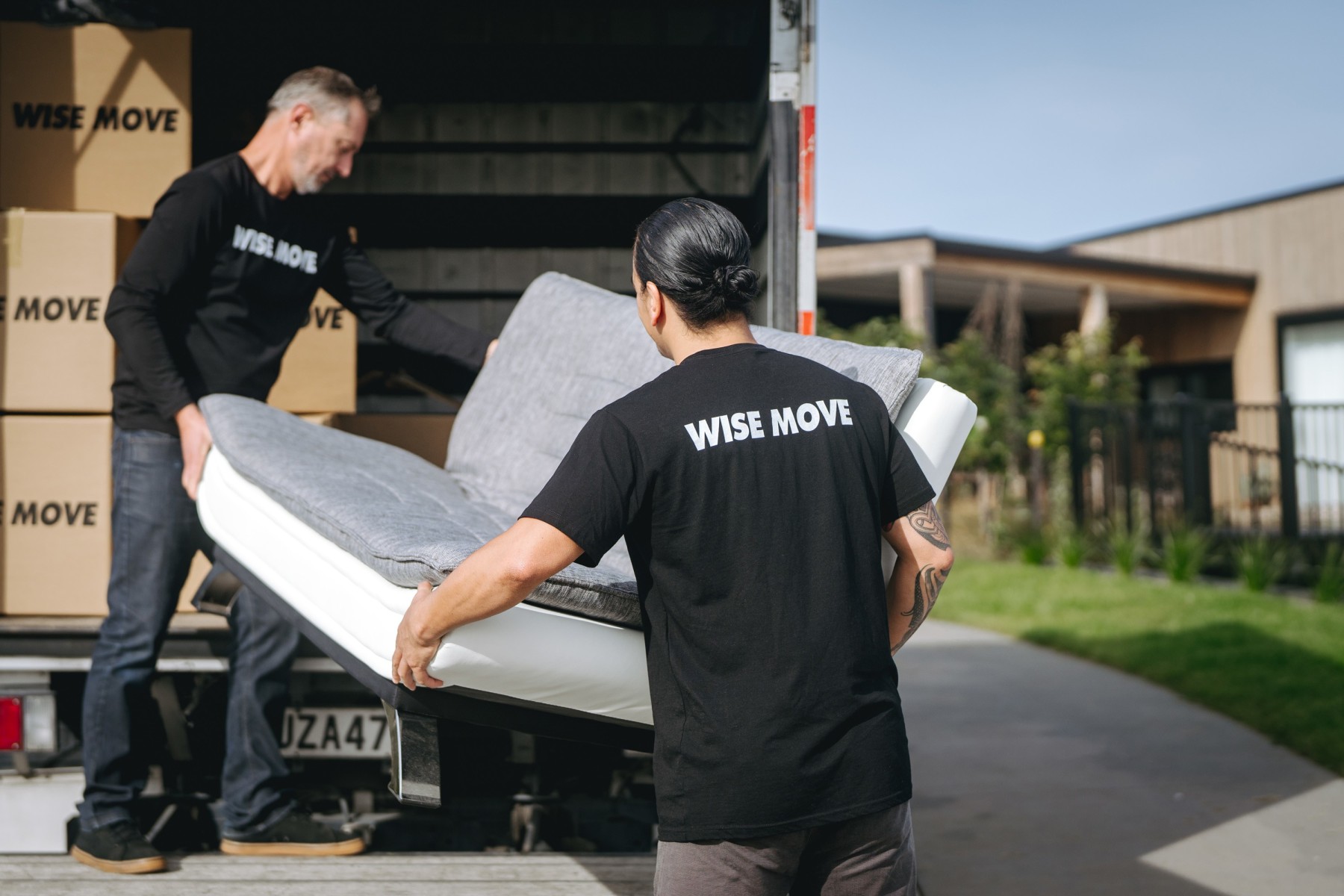
Hiring professionals to help pack and move your belongings can greatly reduce the stress of relocating and make the whole process a lot faster. A professional moving company can do everything from wrapping and packing your items safely to transporting and unpacking them at your new home. Choosing the right removalists can make a big difference.
How to choose a moving company if you are disabled
- Look for removalists with experience handling specialised equipment like lift chairs, mobility aids, ramps, and wheelchairs.
- Check if the company offers unpacking services at your new location. Make sure you ask about any extra charges, as not all companies provide this service while others provide it for a charge.
- Use websites like Wise Move to submit one request and get multiple offers from moving companies eager to help with your move. It’s an easy way to find the best service at the right price.
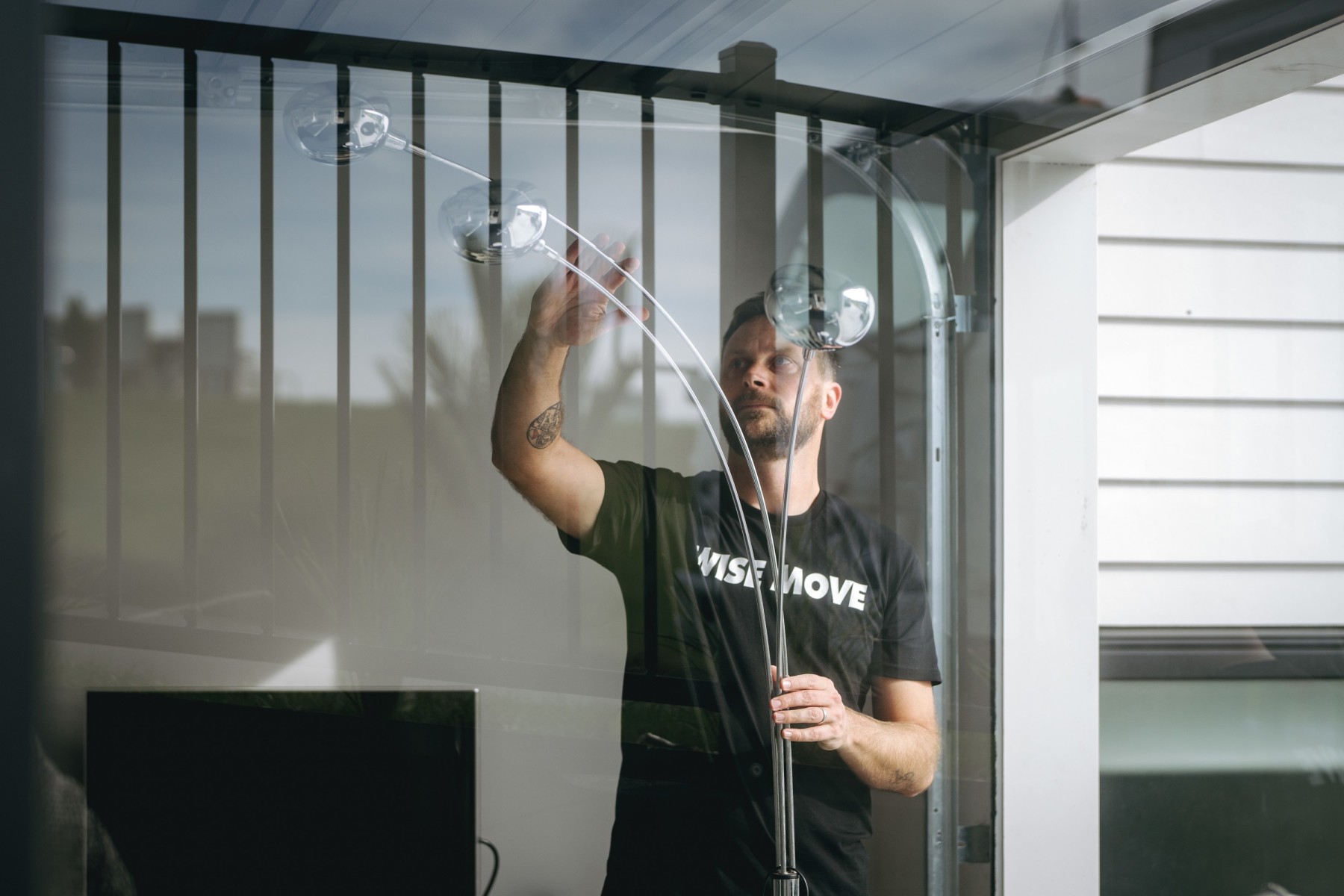
At Wise Move, we make it easy to find a mover that can work with your disability and accessibility needs. Whether you need a removalist or someone to do the whole job of packing, moving and unpacking for you, you’ll have access to hundreds of verified and trusted movers from around New Zealand.
What do our customers say?




Wherever you are
Moving services across New Zealand. All Covered. No Hassle.
- Auckland
- North Shore
- Wellington
- Christchurch
- Hamilton
- Tauranga
- Palmerston North
- Nelson
- Whangarei
- New Plymouth
- Queenstown
- Dunedin
- Invercargill
- Rotorua
- Napier-Hastings
- Kapiti
- Whanganui
- Gisborne
- Blenheim
- Pukekohe
- Timaru
- Taupō
- Masterton
- Levin
- Ashburton
- Whakatāne
- Rangiora
- Feilding
- Rolleston
- Tokoroa
- Oamaru
- Hāwera
- Gore
- Waiuku
- Waiheke Island
- Greymouth
- Wanaka
- Motueka
- Te Puke
- Huntly
- Matamata
- Morrinsville
- Kerikeri
- Thames
- Kawerau
- Waitara
- Ōtaki
- Lincoln
- Kaitaia
- Stratford
- Alexandra
- Dannevirke
- Carterton
- Dargaville
- Cromwell
- Waihi
- Whitianga
- Snells Beach
- Marton
- Warkworth
- Foxton
- Taumarunui
- Katikati
For every (wise)move

